In today’s technology-driven society, effective access to and use of information is a key enabler for progress. Driven by the demands for knowledge-based applications and the unprecedented availability of information on the Web, the study of knowledge capture is of crucial importance. Knowledge capture involves the extraction of useful knowledge from vast and diverse online sources as well as its acquisition directly from human experts.
Researchers and practitioners who work in the area of knowledge capture traditionally participate in several distinct communities, including knowledge engineering, machine learning, natural language processing, humancomputer interaction, artificial intelligence, and the Semantic Web. K-CAP 2013 will provide a forum that brings together members of disparate research communities who are interested in efficiently capturing knowledge from a variety of sources and in creating representations that can be useful for automated reasoning, analysis, and other forms of machine processing, as well as to support users in knowledge-intensive collaborative tasks.
In addition, the wealth of information available and generated on the Web, both in structured, linked data forms and in unstructured information sources, brings the need for new methods to make knowledge emerge from such sources, following the recent democratisation, and somehow industrialisation, of areas such as open data, linked data and the Semantic Web. Such new methods must draw both from the traditional knowledge acquisition techniques and from more computational approaches, from large-scale data-mining, statistical analysis, data analytics, etc. For this reason, we are making the special theme of the K-CAP 2013 conference:
Knowledge Capture in the Age of Massive Web Data
This will be reflected both through encouraging paper submissions showing works on the way to deal with the scale, but also the distribution, heterogeneity, incompleteness, inconsistency and variety of both sources and results when trying to make knowledge emerge from massive Web data, including data published on the Web, as well as generated through the Web.
We will also, for the first time in the K-CAP conference series, introduce a special Application Track, where submissions are invited to present results tested and deployed in real-life settings. The application track will pay special attention to in-use applications for the generation, management, and reuse of large amounts of existing data and knowledge resources on the Web. Data and knowledge-intensive applications in a variety of domains are welcome, including the Web of Data, mobile and sensor networks, large-scale scientific data management and reuse, open government and e-participation, social networks, and enterprise data management and business intelligence. We encourage submissions in such domains, dealing with topics including: big data capture, representation and analytics, crowd-sourcing for data generation and problem-solving, hybrid approaches combining knowledge engineering and machine learning, data and service dynamicity, heterogeneity and decay, and innovative user interfaces. Especially interesting are applications with available datasets and in-place data-driven business models.

